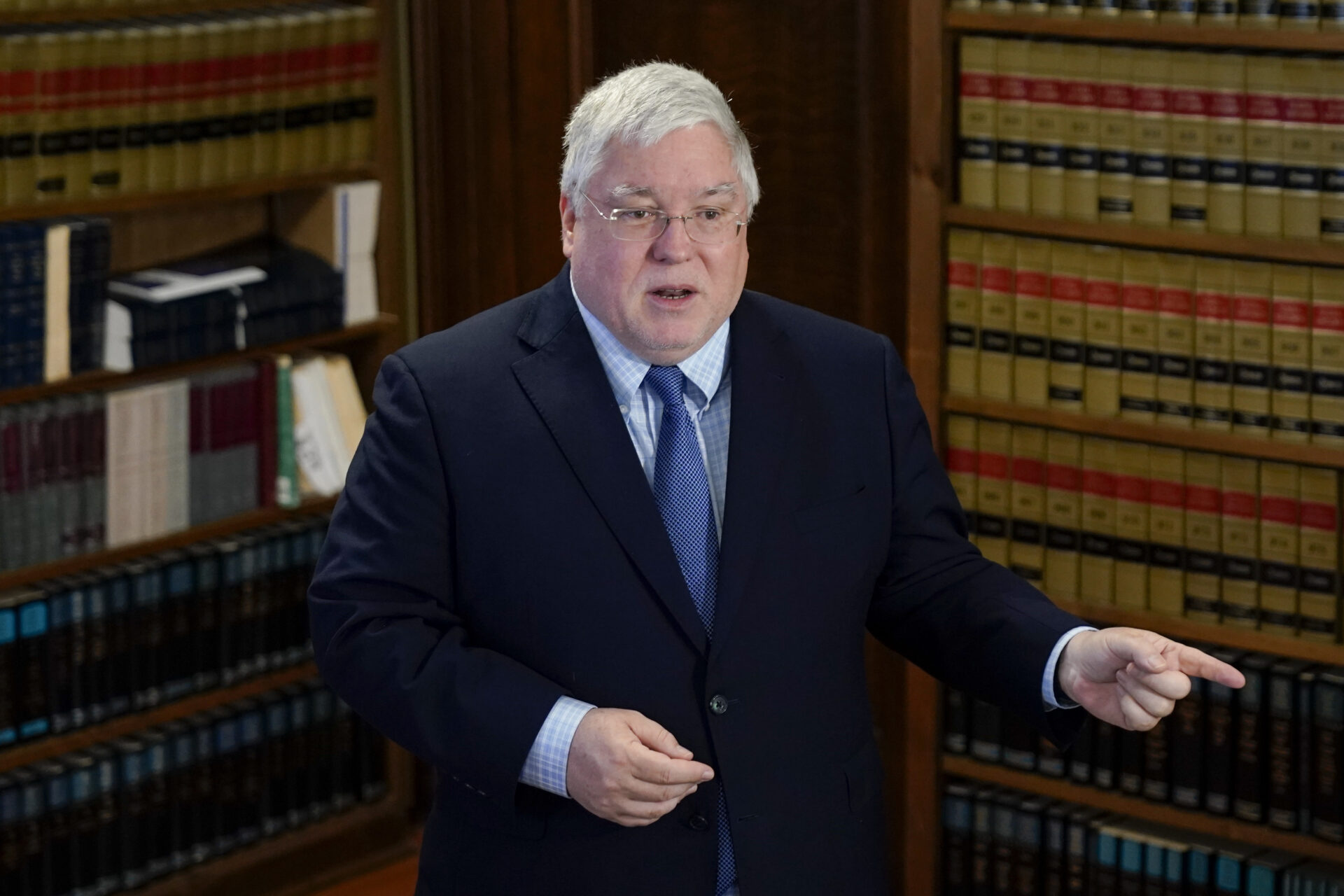West Virginia is issuing the first checks from a fund established by the settlement of opioid lawsuits in the state, which has by far the nation’s highest drug overdose death rate.
The Kanawha County Commission said Thursday it received a $2.9 million check and plans to discuss how it will be spent at its next meeting on Jan. 11. Last week the Mercer County Commission received $1.9 million.
The distribution is part of a memorandum of understanding that was previously adopted by state Attorney General Patrick Morrisey and counsel for West Virginia cities and counties. According to the agreement, the board in charge of around $1 billion in funds will distribute just under three-fourths of the settlement money, and a fourth will go directly to local communities and 3% will remain in trust.
Morrisey told the Kanawha County Commission that his office and the state auditor’s office have formed a partnership to ensure that the settlement funds are used properly. All the money must be used to abate the opioid crisis through efforts such as addiction treatment, recovery and prevention programs, or supporting law enforcement in anti-drug measures.
The state is receiving money from each of its settlement agreements on a staggered schedule, with annual payments coming until at least 2036. The West Virginia First Foundation alone is expected to receive around $367 million over the next five years.
Over the past four years, drug manufacturers, distribution companies, pharmacies and other companies have reached settlements totaling more than $50 billion with governments. While the biggest amounts are national in scope, West Virginia has been aggressive in bringing its own lawsuits and reaching more than a dozen settlements.
A $68 million settlement was announced by the state in May with Kroger, the last remaining defendant in a lawsuit involving Walgreens, Walmart, CVS and Rite Aid. Walgreens settled for $83 million; Walmart for more than $65 million; CVS for $82.5 million; and Rite Aid for up to $30 million.
As part of the state’s 2022 settlement with Teva, the University of Charleston School of Pharmacy starting receiving shipments of the overdose-reversal drug naloxone in September.
